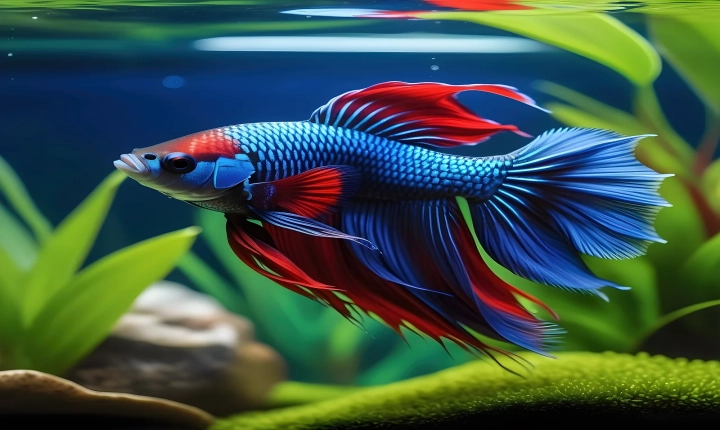OpenAI has revolutionized the world of gaming and artificial intelligence, enabling developers to create cutting-edge AI that can compete at the highest levels of gameplay. With OpenAI, you can train AI models to play a wide variety of games, from classic board games to complex video games. This article will explore how to use OpenAI to enhance gaming experiences across different platforms.
OpenAI provides a powerful platform for creating AI agents that can learn and adapt to different game environments. By using reinforcement learning techniques, these agents can improve their performance through trial and error, ultimately becoming formidable opponents in gaming scenarios. Here’s a guide on how to use OpenAI in different games:
1. Board Games:
OpenAI’s platform is ideal for training AI agents to play classic board games such as chess, Go, and checkers. By leveraging the power of reinforcement learning algorithms, developers can create AI models that can challenge human players at a competitive level. OpenAI’s platform provides extensive tools and resources for training and evaluating AI agents in board games, allowing developers to fine-tune their models for optimal performance.
2. Video Games:
OpenAI also offers support for training AI agents in complex video games, where the environment is more dynamic and requires real-time decision-making. Through approaches like deep reinforcement learning, developers can train AI models to navigate virtual environments, solve puzzles, and compete with human players in popular games. OpenAI’s platform provides the flexibility to train AI agents on a wide range of video game genres, from first-person shooters to real-time strategy games.
3. Multiplayer Games:
OpenAI’s platform can also be used to create AI agents that can compete in multiplayer games, where the interaction with other players adds an additional layer of complexity. By training AI agents in multiplayer environments, developers can simulate real-world gaming scenarios and create models capable of adapting to changing strategies and player behaviors. OpenAI’s platform provides the tools and infrastructure needed to train AI agents in multiplayer games, enabling developers to push the boundaries of what AI can achieve in gaming.
4. Simulation Games:
Simulation games, such as city-building or management games, present unique challenges for AI agents due to their open-ended nature and complex decision-making requirements. OpenAI’s platform can be leveraged to train AI agents to excel in simulation games by simulating various scenarios and learning from the outcomes. Developers can use OpenAI’s resources to create AI models that can efficiently manage resources, optimize strategies, and compete with human players in simulation games.
In conclusion, OpenAI’s platform offers versatile tools and resources for training AI agents in a wide variety of games, from classic board games to complex video games. By harnessing the power of reinforcement learning and deep learning techniques, developers can create AI models that can compete at the highest levels of gameplay, enhancing the gaming experience for players worldwide. As the field of AI continues to advance, OpenAI’s platform will continue to play a crucial role in pushing the boundaries of AI in gaming.
